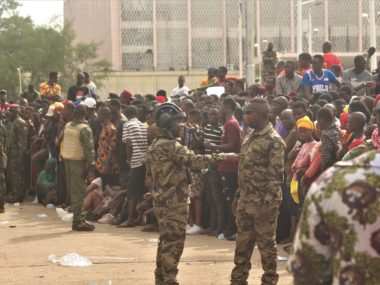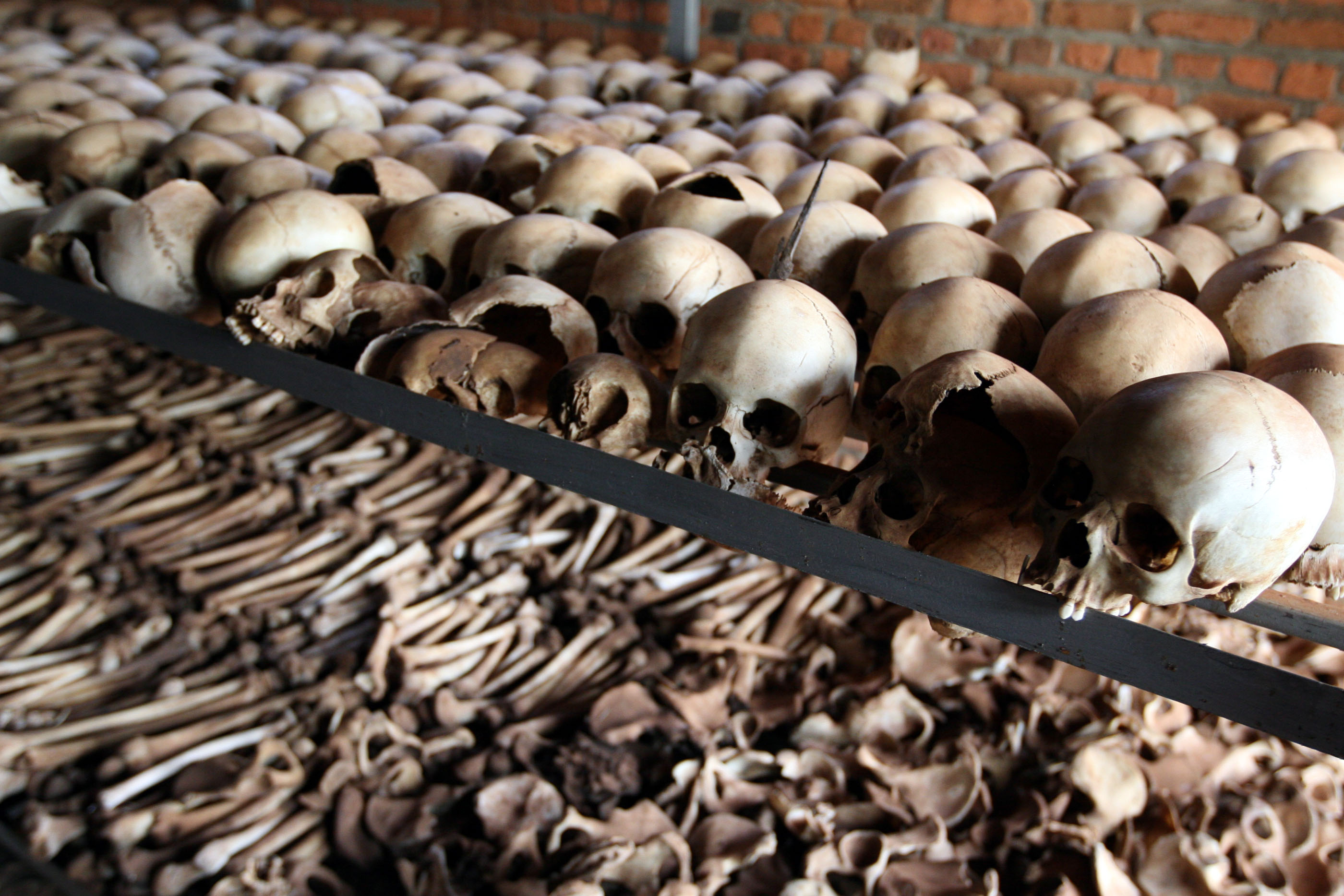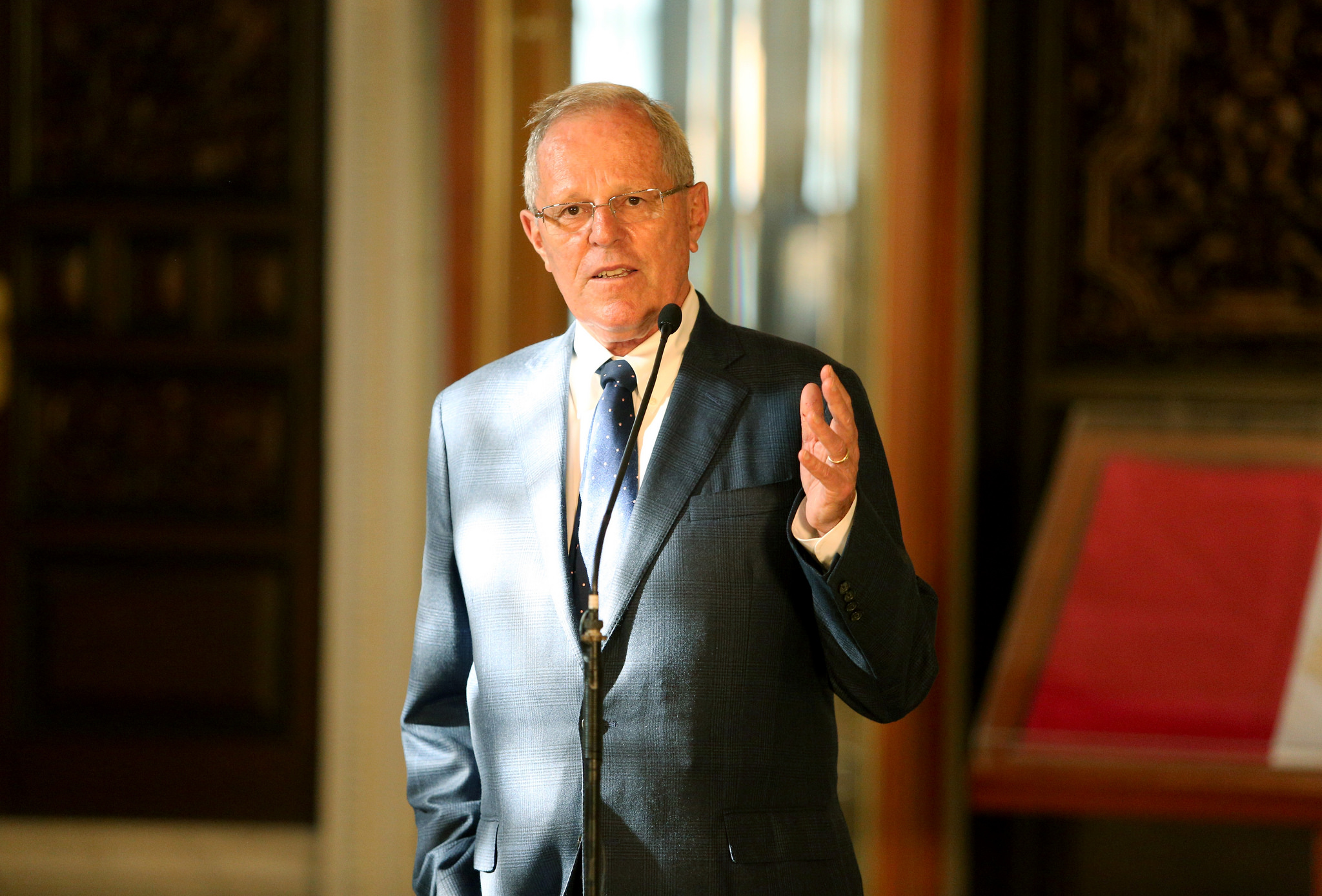Last week we asked why Kenya’s recent general election was peaceful, in contrast to the post-election violence that followed the country’s divisive December 2007 vote. At first glance this peaceful nature is puzzling: the election was close, like in 2007, and observers were concerned that violence would once again ensue. So why did little violence occur? Commenter hearabout suggests that in the years following the traumatic 2007-8 unrest Kenyans have worked to prevent tribal and political violence, and election media coverage has been comparatively milder. “Further,” hearabout writes, “the main actors of the 2008 violence, Kenyatta and Ruto and such, have also demonstrated restraint and called for peace.”
You May Also Like
The International Community, Coups, and Electoral ‘Attaboys
- February 9, 2022
Guest post by Jonathan Powell and Salah Ben Hammou Coups in Africa have reached crisis proportions. Since Niger’s…
Measuring, “Denying” & “Trivializing” Deaths in the Case of Rwanda
- October 24, 2014
By Christian Davenport Reading “The Reign of ‘Terror” by Tomis Kapitan in the New York Times on October…
UN’s New Intervention in DRC: Offensive or Inoffensive?
- July 3, 2013
By Lionel Beehner With President Obama just wrapping up his trip to Africa, it’s worth pausing to consider the…
Legacy of Violence and Peru’s Politics: Activism Against Authoritarianism
- July 12, 2016
By Devin Finn for Denver Dialogues. Electoral politics sometimes reflects the legacies of violent contestation a country has…
What Happened in Bolivia is a Postmodern Coup. Here’s Why.
- November 19, 2019
Guest post by Abdullah Aydogan Bolivian President Evo Morales resigned a week ago after widespread street protests and…
How Mugabe Holds Power
- July 31, 2013
Guest post by Noorjit Sidhu This piece is the second of two written for Claire Adida’s UC San Diego…






